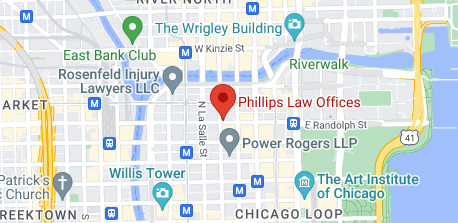
Call now for your
Free Consultation:

Free Consultation:

Free Consultation:
When a patient is afflicted with a serious kidney disease, he or she often undergoes dialysis. During this procedure, the dialysis machine acts as an artificial kidney, and the procedure carries with it the inherent possibility of danger to the patient. As Chicago medical malpractice lawyers, we know that this procedure is both a life-saving and a life-threatening procedure. It is frequently performed at private, for-profit dialysis centers. Some studies indicate that dialysis patients who have the procedure performed at a private, for-profit center face a statistically significant higher risk of death than those treated at a non-profit center.
Generally, patients are treated at for-profit dialysis centers for a shorter period of time than those attending non-profit centers. In addition, the for-profit centers typically have smaller staffs that may not be as well trained as their counterparts who work in a non-profit facility.
One of the major problems in the dialysis procedure, whether performed at a for-profit or a non-profit center, is the boredom of the staff due to the routine and chronic nature of the treatment process. There is an increased danger is making mistakes or serious judgment errors when the staff acquires an “assembly line” mentality in dealing with patients.
Examples of potential malpractice in the dialysis setting include, but are not limited to, the following:
Copyright 2012 LexisNexis, a division of Reed Elsevier Inc.
Call For A Free Consultation

161 N Clark St #4925
Chicago, IL 60601
(312) 346-4262
Copyright 2023 Phillipslawoffices. All Right Reserved